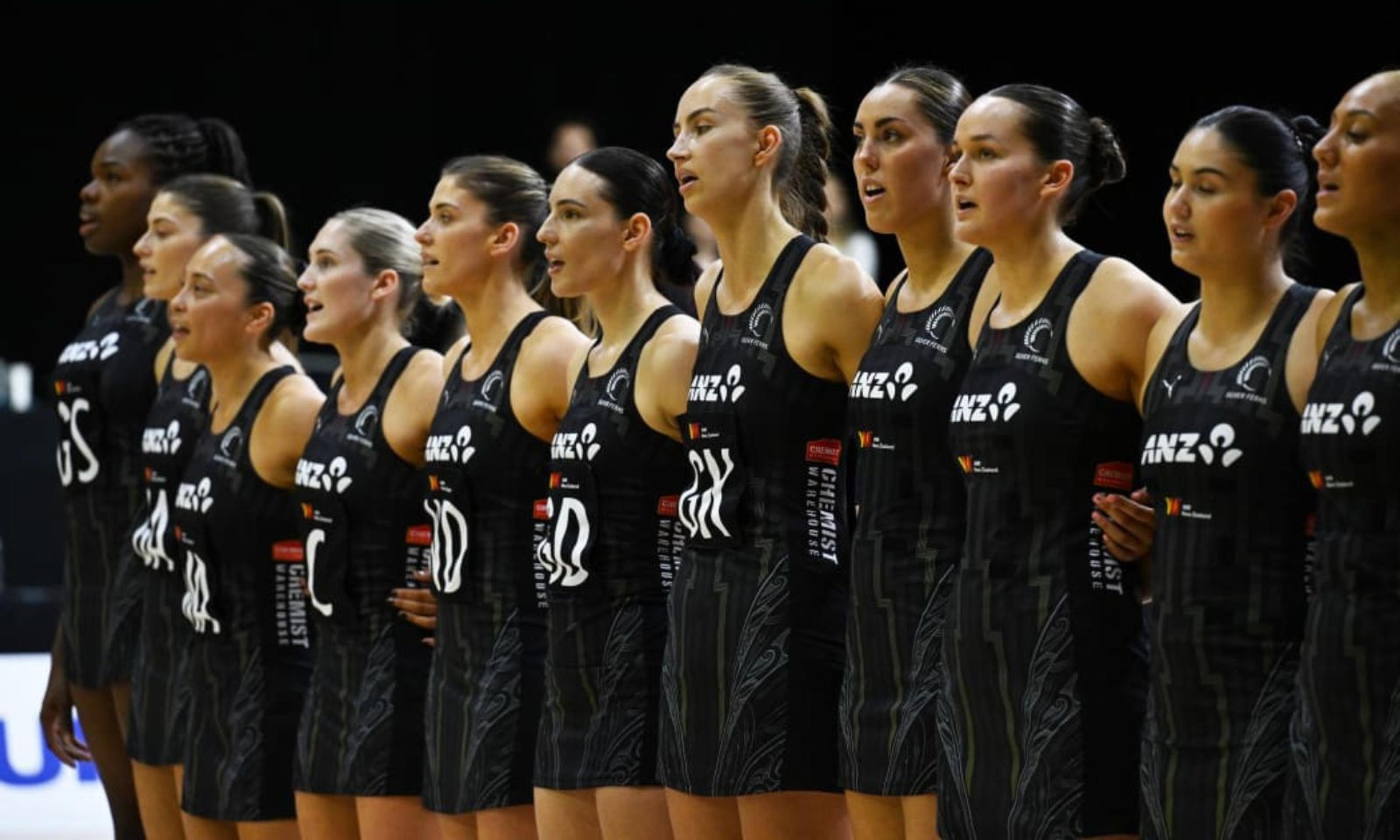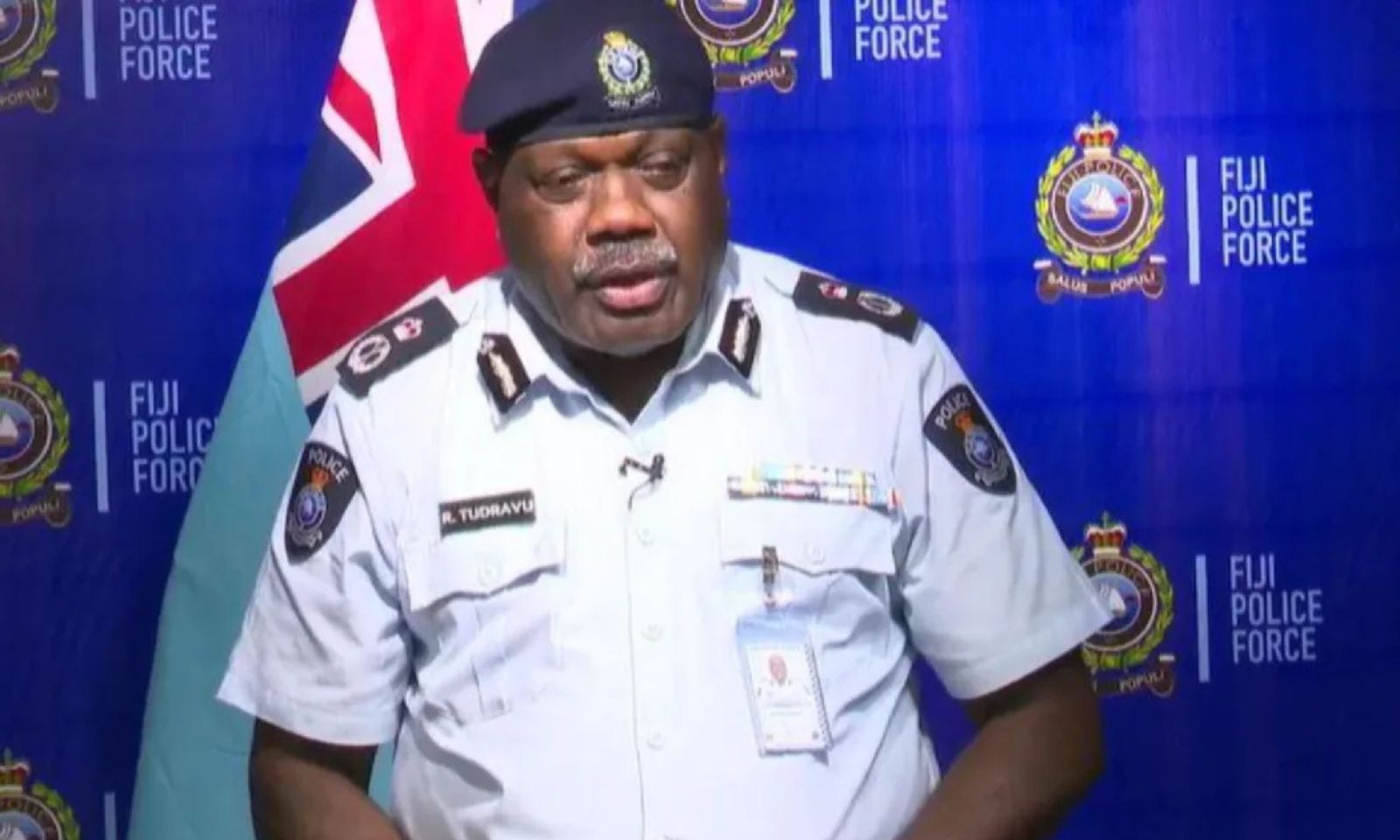

Frank Bainimarama's 12-month suspended sentence gives Sitiveni Rabuka’s coalition an opportunity to brand itself as the party of reform and rule‑of‑law.
Photo/Supplied
Former Fiji PM Frank Bainimarama gets a suspended sentence as election fallout looms
The ex-Prime Minister was handed a 12-month suspended sentence for abusing his power - a conviction that now prevents him from contesting the next election.



Inked across lands: How Pacific tattoo art is thriving in Germany

US funding cuts threaten to 'dry up' future of Pacific scientists - expert




Inked across lands: How Pacific tattoo art is thriving in Germany

US funding cuts threaten to 'dry up' future of Pacific scientists - expert

The Fiji High Court has handed former Prime Minister Frank Bainimarama a 12‑month suspended prison sentence on Wednesday after finding him guilty of the offence of “making an unwarranted demand with menace” on 2 October.
He becomes the first person in Fiji convicted under that specific provision of the country's Crimes Act.
The court found that, in 2021, Bainimarama used his position to pressure Acting Police Commissioner Rusiate Tudravu into firing two officers, in what the judge determined to be an abuse of office.
The maximum penalty for the charge is up to 12 years’ imprisonment, but Bainimarama’s sentence is suspended for three years - meaning he will avoid jail unless he commits a further offence in that period.
He had already resigned from Parliament in March 2023 after being suspended for three years for sedition, and in a separate case in May 2024 was jailed for perverting the course of justice, but released early after six months.
Wednesday's verdict arrives at a critical moment ahead of Fiji’s next general election, which is scheduled for 2026, and is injecting new uncertainty into the country’s political dynamics.
Bainimarama’s eligibility and party leadership
According to the 2013 Constitution of Fiji, a person is disqualified from being a candidate if they have been convicted of an offence for which the maximum penalty is at least 12 months’ imprisonment in the preceding eight years.
Because Bainimarama was sentenced to a one‑year term (albeit suspended), he is disqualified from contesting the next general election, with some local media reports saying he cannot stand until 2032.
This limitation not only sidelines Bainimarama himself from electoral politics but also creates a leadership vacuum within his party, FijiFirst, which he led for many years. The party will now have to reorganise and promote new figures, a major shift after Bainimarama’s dominance.

Fiji's Police Commissioner Rusiate Tudravu was dismissed during Bainimarama's term in government. Photo/Fiji Police
Public perception and voter sentiment
The conviction sends a strong message about accountability in Fiji and may influence voter sentiment in a country with a history of political instability and coups.
Some analysts suggest the court ruling could undermine the political brand of FijiFirst going into 2026, casting the party as one where its former leader was held to account.
But others believe Bainimarama still retains a base of loyal supporters who view him as a strongman leader and may rally in reaction to what they perceive as political targeting. The verdict may polarise rather than unify.
The incumbent government, led by Sitiveni Rabuka, has an opening. With Bainimarama effectively sidelined, Rabuka’s coalition can brand itself as the party of reform and rule‑of‑law, contrasting itself with the past.
The government is expected to highlight the verdict as evidence of improved governance and judicial independence.
Strategic shifts for FijiFirst
According to the experts, FijiFirst faces tough decisions on how to reposition itself. These include:
Whether to distance from Bainimarama’s legacy or embrace it symbolically.
How to select and promote new leadership capable of galvanising its base under changed circumstances.
How to defend against narratives that frame the party as weakened or tainted by its founder’s conviction.
The trial and its outcome may influence election discourse beyond personalities: issues of corruption, judicial independence, civil‑service reform, and institutional accountability are likely to feature higher on campaign agendas.
Parties may seek to highlight how the state handles high‑profile figures, and voters may increasingly prioritise governance credentials such as:
Prime Minister Rabuka has publicly stated that Bainimarama cannot contest the next election based on his conviction.
The investigations and rulings by the Fiji Independent Commission Against Corruption (FICAC) have repeatedly emphasised that the former prime minister acted legally in party leadership roles, but that electoral eligibility rules must still apply.
Legal analysts describe the case as a “benchmark” for governance in Fiji, signalling that even former top leaders may now be held accountable.

Analysts believe that Frank Bainimarama's conviction sends a strong message about accountability in Fiji and may influence voter sentiment in a country with a history of political instability and coups. Photo/Supplied
What’s next?
With the election horizon approaching, both FijiFirst and the coalition government are gearing up.
Bainimarama’s suspended sentence and his ineligibility to stand elevate the political stakes: leadership changes, campaign re‑orientations, and shifts in voter calculations are now likely.
The next major test will come in 2026 (or earlier if called) and will be framed in terms of party politics and institutional reform, and most importantly on whether Fiji can consolidate democratic norms, hold leaders to account and rebuild public trust.